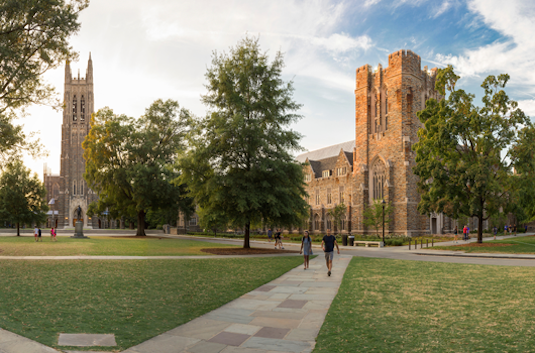BioE Seminar: Mechanobiology, Pluripotent Stem Cells, and Early Embryonic Development

Research on human pluripotent stem cells (hPSCs) has significant promise for regenerative medicine, disease modeling, and developmental biology studies. In this talk, I will discuss our effort in leveraging the mechanobiology of hPSCs in conjunction with some synthetic biomimetic systems to recapitulate and model human early embryonic development. I will first discuss our effort in constructing microengineered stem cell models of early human neurological developmental processes. Specifically, we have utilized microengineered hPSC cultures to develop autonomously regionalized neuroectoderm tissues in vitro. Importantly, our findings have suggested that induction and regionalization of neuroectoderm tissues involve mechanically gated molecular signaling (including Wnt, Hippo, and BMP) through regulations of cell shape and cytoskeleton contractility to reinforce spatial patterning of cell fates in neuroectoderm tissues. Together, our data provide strong evidence supporting critical involvements of cellular mechanics and mechanobiology as control mechanisms in ensuing robust formation of regionalized neuroectoderm tissues. In the last part of my talk, I will describe an efficient method to generate early human amniotic tissue in vitro through self-organized development of hPSCs in a bioengineered niche that mimics the in vivo implantation environment. Biophysical signals from the implantation-like nic






